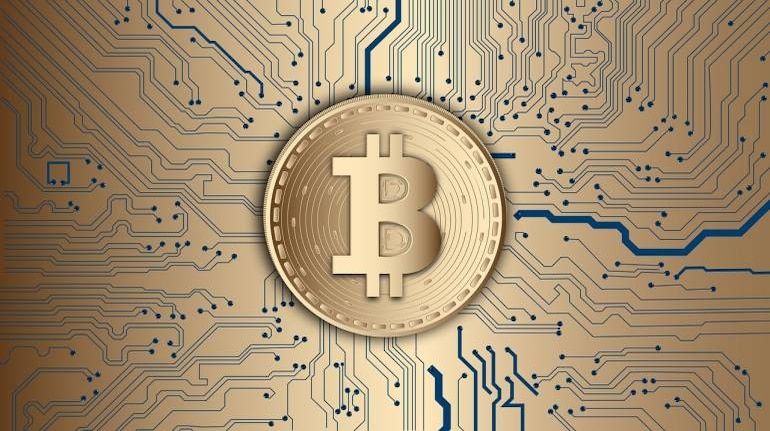



For Indian Bitcoin enthusiasts looking for some ray of hope, the government effectively shut out the sunlight with the Draft Banning of Cryptocurrency and Regulation of Official Digital Currency Bill, 2019. The solicitor general informed the Supreme Court recently that the government expected the Bill to be introduced and passed in the next session of Parliament.
This author has previously argued that Bitcoins are inherently such that they cannot be regulated, and therefore it is only foolhardy for the government to even attempt. However, the present draft Bill does not stop there. It not only bans the mining, generation, holding, selling, dealing in, issue of, transfer of, disposal or any other use of cryptocurrency within India, but also recommends a maximum jail sentence of 10 years.
These raise at least two important constitutional questions. One, what is the threshold of menace beyond which the government can ban any commercial activity; and two, what are the limits to sentencing powers of the State. Article 19 guarantees the right to carry on any trade, occupation or business, subject to reasonable ‘restrictions’ that may be imposed by the State right through law.
The government argues that cryptocurrencies can destabilise the financial system and promote money laundering. These, if true, are indeed reasons to restrict. Though it is perhaps fair to question whether they are plausible outcomes.
At its peak, there will be around 21 million bitcoins in circulation (presently around 17 million have been mined). Let’s take the present market value of about $10,000 a coin (which itself is the result of a recent steep rally over the last month), and we get a market capitalisation of around $200 billion in its entirety. This is hardly the kind of money that can shake any financial system, forget one as large as India’s. For comparison, the total value of outstanding credit default swaps that brought about the 2008 financial crisis was over $60 trillion. Also consider that according to data on crypto-monitoring sites, the daily trading volume is around 100,000 coins on average.
As to the charge of money-laundering, crypto-enthusiasts reason that money laundering happens through a variety of other ways too, such as cash — which nobody would dare ban: A specious argument at best, since non-traceability of transactions, combined with their irreversibility make it impossible for the State to trace illicit activities. However, it is widespread enough to warrant a ban?
A bigger menace has been in the form of ponzi-like scheme where fraudsters extract money from the unsuspecting public promising huge assured returns from bitcoin investors. For that there are existing laws to deal with that anyway. A blanket ban on possession or mining of coins is unwarranted.
Cryptocurrencies are a victim of their champions’ initial tall claims. In 2014, the talk was all about the need for an alternate decentralised currency that cannot be diluted (bogeys of Zimbabwe-like inflation levels were raised) or monitored by the government, and thereby giving absolute power over money to people. Last week, the counsel for a bitcoin exchange told the Supreme Court that cryptocurrencies are, in fact, not currencies at all (and therefore outside the scope of RBI regulation), just a store of value such as gold, which does not have any inherent value or practical usefulness. He then invoked examples such as a ‘Mouse’ or ‘Virus’ to prove that computer terminology cannot be interpreted literally. The damage, however, was done long ago.
The more important question comes next. Does a government have unfettered powers to impose any punishment it deems just? In fact, governments are increasingly using disproportionately harsh penalties as deterrent. For example, when Uttar Pradesh came out with a law to prohibit carrying alcohol across the border from Delhi to Noida to take advantage of lower duty rates in Delhi, punishment for carrying more than one sealed bottle was set at five years in jail. An unjustifiably harsh sentence for a crime that is at best, tax evasion at a microscopic level.
Possessing or mining of cryptocurrencies by no means deserve a 10-year jail sentence either. In comparison, both rash driving and adulteration of drugs carry jail sentences up to six months. In fact, snuffing out all sort of cryptocurrency activity will only discourage innovation in the area. India will be worse off.
Abraham C Mathews is a Supreme Court advocate, and a chartered accountant. Twitter: @ebbruz. Views are personal.
Discover the latest Business News, Sensex, and Nifty updates. Obtain Personal Finance insights, tax queries, and expert opinions on Moneycontrol or download the Moneycontrol App to stay updated!
Find the best of Al News in one place, specially curated for you every weekend.
Stay on top of the latest tech trends and biggest startup news.